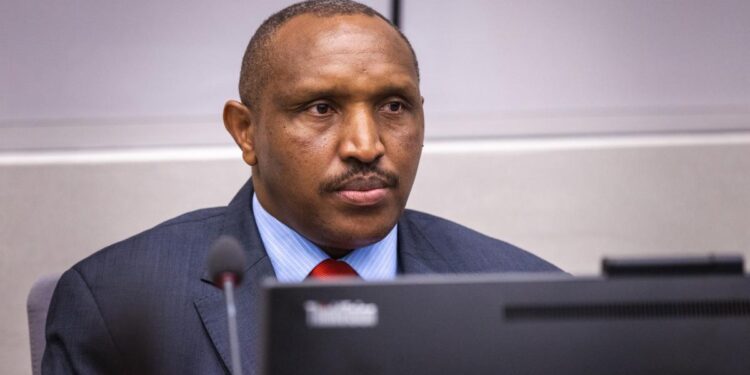The International Criminal Court judges who decided Bosco Ntaganda’s $30 million reparation case will have to issue a new order after the Appeals Chamber reversed their ruling, citing serious errors.
“This reparations order was made without having any concrete estimate as to one of its fundamental parameters, namely the number of victims whose harm it was intended to repair, and without ruling upon any requests of victims for reparations,” said Presiding Judge Marc Perrin de Brichambaut as he read the judgement.
The judges also found that Trial Chamber VI’s judges did not clarify how the monetary award of $30 million that Ntaganda was required to pay was arrived at, and whether it can appropriately repair the harms suffered by the victims or fairly establish war criminal’s liability.
“Furthermore, the trial chamber did not provide sufficient reasoning for some evidentiary issues… The cumulative effect of these errors materially affects the impugned decision issued in this case,” the judges ruled.
On March 8, 2021, Trial Chamber VI awarded $30 million to victims of direct and indirect attacks, crimes against child soldiers, rape and sexual slavery, and children born out of rape and sexual slavery.
Ntaganda and one of the two groups of victims in the case appealed against the ruling, with the defence raising 13 grounds of appeal and the victims seven.
The Appeals Chamber, composed of Judge Brichambaut, Judge Piotr Hofmański, Judge Luz del Carmen Ibáñez Carranza, Judge Solomy Balungi Bossa, and Judge Gocha Lordkipanidze, said the trial judges had failed to provide any breakdown or other explanation of, or calculation for, the figure of $30 million.
“The trial chamber not only failed to particularise how many ‘thousands of victims’ there may be, but it also at least gave the impression that the relevant figure might be anywhere between ‘at least’ 1,100 to a ‘minimum of’ 100,000,” said the judges.
Ntanganda, who was born in Rwanda and is also of Congolese nationality, is a former deputy chief of staff and commander of the Patriotic Forces for the Liberation of Congo (FPLC).
He was accused of five counts of crimes against humanity (murder, sexual slavery, rape, persecution, and forcible transfer of population) and 13 counts of war crimes (rape of child soldiers, sexual slavery of child soldiers, enlisting and conscripting children under the age of 15 years and using them to participate actively in hostilities, murder, attacks against the civilian population, rape, sexual slavery, pillaging, forcible transfer of population, attacks against protected objects, destruction of property, and destroying the enemy’s property).
The crimes were allegedly committed in the Ituri region of eastern DRC in 2002-2003.
The ICC issued the first arrest warrant for him on August 22, 2006 and a second one on July 13, 2012. Ntaganda voluntarily surrendered by presenting himself to the United States embassy in Rwanda on March 18, 2013, and was on March 22, 2013 transferred to The Hague.
His trial started on September 2, 2015. On July 2019, Ntaganda was found guilty of all the counts he was charged with and on November 7, 2019, he was sentenced to a total of 30 years of imprisonment. The Appeals Chamber upheld the sentence.
https://www.icc-cpi.int/sites/default/files/CourtRecords/CR2021_01889.PDF







